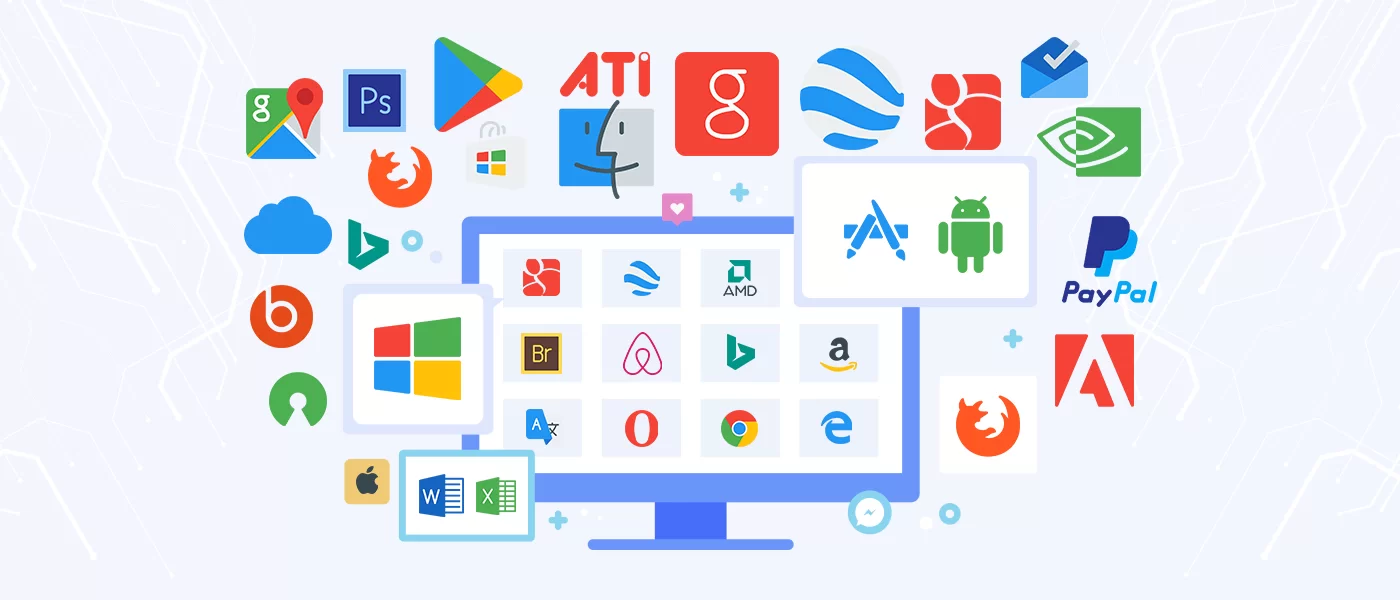Software Market Trends and Industry Outlook 2035

The global economy is undergoing a fundamental and accelerated digital transformation, with software acting as the central nervous system and primary engine of this change. A comprehensive market-level analysis of the Software Market reveals a sector experiencing robust, double-digit growth, driven by the universal need for businesses to automate processes, enhance productivity, leverage data for insights, and engage with customers through digital channels. From large enterprises re-architecting their legacy systems to small businesses adopting cloud-based tools, software has become an indispensable component of modern commerce and operations. The primary market drivers include the pervasive shift to cloud computing, the explosive growth of data that requires sophisticated management and analytics, and the increasing integration of advanced technologies like artificial intelligence (AI) and the Internet of Things (IoT) into business workflows. This non-discretionary nature of software spending, where it is viewed as a critical investment for survival and growth rather than a simple cost, underpins the market's resilience and its powerful forward momentum, ensuring its continued expansion across all industries and geographies.
The most significant trend shaping the modern software industry has been the seismic shift from the traditional on-premise licensing model to the Software-as-a-Service (SaaS) delivery model. SaaS has fundamentally democratized access to powerful enterprise-grade software, allowing businesses of all sizes to subscribe to applications on a pay-as-you-go basis without the need for massive upfront capital expenditure on hardware and perpetual licenses. This model offers unparalleled flexibility, scalability, and predictable operational costs, while also ensuring that users always have access to the latest features and security updates, which are managed by the vendor. This shift has not only changed how software is consumed but has also transformed the business models of software companies, moving them from one-time license sales to more stable and predictable recurring revenue streams, a model highly favored by investors. The Software Market size is projected to grow USD 2488.96 Billion by 2035, exhibiting a CAGR of 11.9% during the forecast period 2025-2035.
Looking ahead, the software market is set to become even more intelligent, integrated, and specialized. The embedding of AI and machine learning capabilities is no longer a niche feature but a standard expectation, transforming software from a passive tool into a proactive, intelligent partner that can offer predictive insights and automate complex decision-making. Furthermore, the rise of low-code and no-code development platforms is empowering a new generation of "citizen developers" within businesses to create custom applications with minimal coding knowledge, accelerating innovation and digital agility. The industry is also seeing a trend towards "vertical SaaS," where software is purpose-built to address the unique challenges and workflows of specific industries, such as healthcare, finance, or construction. This combination of cloud-native delivery, embedded intelligence, and increasing specialization ensures that the software market will remain one of the most dynamic and impactful sectors of the global economy for the foreseeable future.
Top Trending Reports -
Human Resource Professional Services Industry
- Art
- Causes
- Crafts
- Dance
- Drinks
- Film
- Fitness
- Food
- Παιχνίδια
- Gardening
- Health
- Κεντρική Σελίδα
- Literature
- Music
- Networking
- άλλο
- Party
- Religion
- Shopping
- Sports
- Theater
- Wellness
